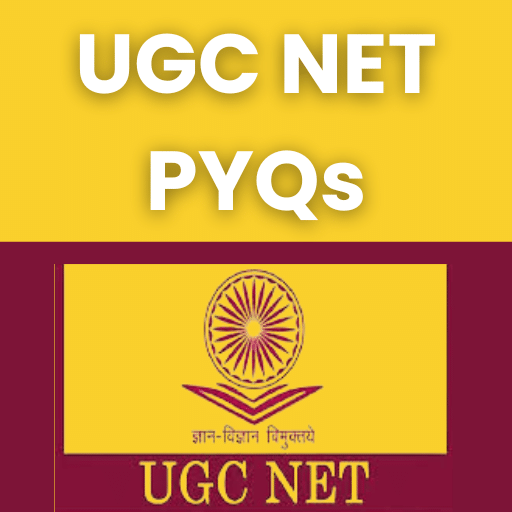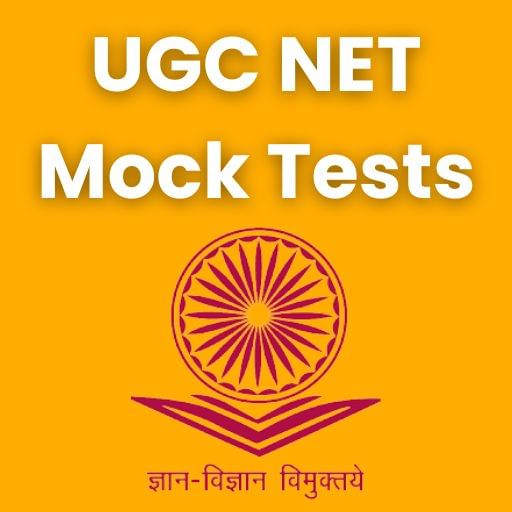NCERT Chapter Notes - Whole Numbers - Class 6 PDF Download
2. Whole Numbers
Whole Numbers
The numbers used for counting are called natural numbers.
The numbers used for counting are called natural numbers. The number that comes immediately before another number in counting is called its predecessor. The number that comes immediately after another number in counting is called its successor. To find the successor of any given natural number, just add 1 to the given number. The value of nothing is represented by the number zero.
Eg: 3 - 3 = 0
 Natural numbers are subset of whole numbers
Natural numbers are subset of whole numbers
Natural numbers together with the number zero are called whole numbers. When comparing two whole numbers, the number that lies to the right on the number line is greater. When comparing two whole numbers, the smaller number lies to the left on the number line.
Properties of Whole Numbers
A whole number added to 0 remains unchanged. Thus, 0 is called the additive identity in whole numbers. The product of two whole numbers is the same, no matter in which order they are multiplied. This is called the commutative property of multiplication. A whole number multiplied by 1 remains unchanged. Thus, 1 is called the multiplicative identity in whole numbers. Whole numbers are closed under addition and multiplication. Subtraction and division are not commutative in whole numbers.
Whole numbers are not closed under subtraction and division.
While adding whole numbers, we can group the numbers in any order. This is called the associative property of addition. While multiplying whole numbers, we can group them in any order. This is called the associative property of multiplication.
The sum of the products of a whole number with two other whole numbers is equal to the product of the whole number with the sum of the two other whole numbers. This is called the distributive property of multiplication over addition.
FAQs on NCERT Chapter Notes - Whole Numbers - Class 6
| 1. What are whole numbers? |  |
| 2. How are whole numbers different from natural numbers? |  |
| 3. Can negative numbers be considered whole numbers? |  |
| 4. How can whole numbers be used in real-life scenarios? |  |
| 5. Are whole numbers closed under addition and multiplication? |  |





























